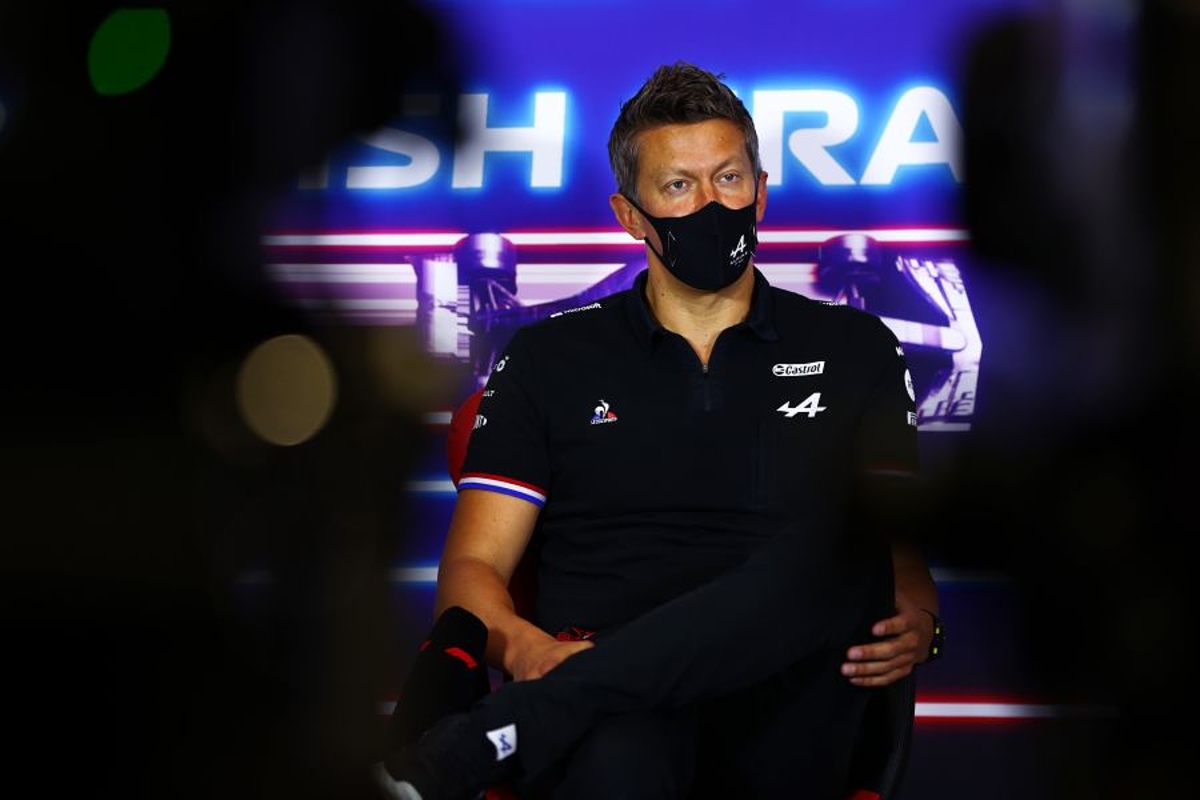
Latest News

GPFans at Christmas
F1 2025 stars as Christmas movie characters
- Yesterday 19:57

Lando Norris
F1 champion Lando Norris shares Christmas message
- Yesterday 17:00

GPFans at Christmas
F1 Christmas True or False - Play along with Max Verstappen
- Yesterday 12:56

F1 at Christmas
Creating the perfect Christmassy F1 driver lineup
- Yesterday 09:57

F1 at Christmas
Naughty or Nice? Ranking the 2025 F1 grid and handing out presents (or punishments)
- December 24, 2025 18:57

Lewis Hamilton
'Lots of sweets!' Lewis Hamilton on his ideal Christmas dinner
- December 24, 2025 16:56
Most read

50.000+ views
Max Verstappen Abu Dhabi penalty haunts F1 title dreams
- 7 december

30.000+ views
Lewis Hamilton private chat confirms retirement decision
- 13 december

30.000+ views
F1 Qualifying Results: Abu Dhabi Grand Prix times and grid positions
- 6 december

30.000+ views
Who is Adam Norris? Lando's father who became a millionaire from pensions
- 7 december

30.000+ views
Max Verstappen will leave Red Bull as part of exodus
- 12 december

25.000+ views
F1 Race Today: Abu Dhabi Grand Prix start time, TV channel and FREE live stream
- 6 december



























 Grand Prix of Australia 2025
Grand Prix of Australia 2025  Grand Prix of China 2025
Grand Prix of China 2025  Grand Prix of Japan 2025
Grand Prix of Japan 2025  Grand Prix of Bahrain 2025
Grand Prix of Bahrain 2025  Saudi Arabian Grand Prix 2025
Saudi Arabian Grand Prix 2025  Grand Prix De Monaco 2025
Grand Prix De Monaco 2025  Gran Premio de Barcelona-Catalunya 2025
Gran Premio de Barcelona-Catalunya 2025  Grand Prix du Canada 2025
Grand Prix du Canada 2025  Grand Prix of Austria 2025
Grand Prix of Austria 2025  Grand Prix of Belgium 2025
Grand Prix of Belgium 2025  Grand Prix of Hungary 2025
Grand Prix of Hungary 2025  Grand Prix of Azerbaijan 2025
Grand Prix of Azerbaijan 2025  Grand Prix of Singapore 2025
Grand Prix of Singapore 2025  Gran Premio de la Ciudad de Mexico 2025
Gran Premio de la Ciudad de Mexico 2025  Grande Prêmio de São Paulo 2025
Grande Prêmio de São Paulo 2025  Qatar Grand Prix 2025
Qatar Grand Prix 2025  Grand Prix of Abu Dhabi 2025
Grand Prix of Abu Dhabi 2025 